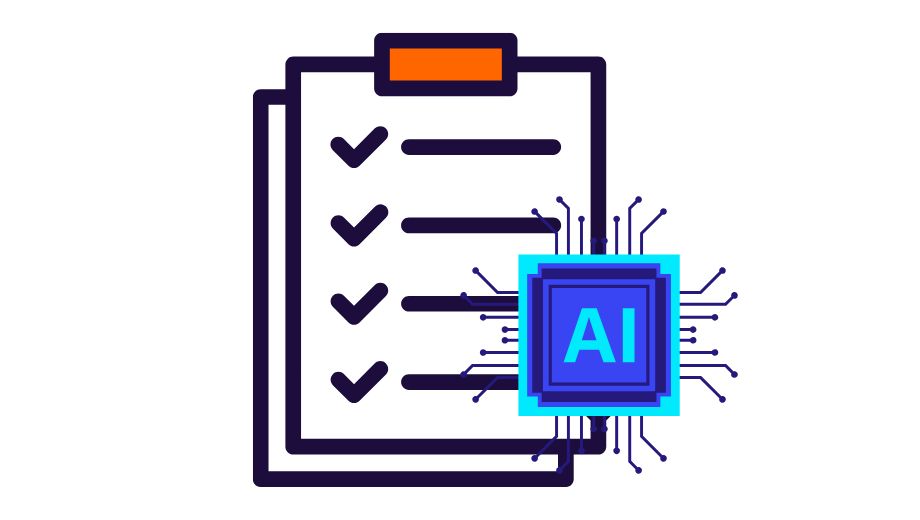Artificial intelligence (AI) has quickly become part of everyday work life. From drafting emails to analyzing data, AI tools are changing how employees get work done. However, with these opportunities come new risks, such as the potential for violations of privacy rights, intellectual property rights, and confidentiality obligations. Accordingly, it is crucial for organizations to implement a clear, practical AI policy to safeguard against legal liabilities, as well as to promote ethical AI use.
What Makes a Strong AI Policy?
A well-crafted AI policy should address the needs of the employer and take into consideration the specific industry and the roles of its employees. The key topics to include in the policy are the following:
- Permissible Tools and Scope
Not all AI tools provide adequate security and privacy protection, so it is important for employers to specify the AI technologies, platforms, and applications that are permissible while outlining prohibited uses. If rules vary by department and role, this should also be specified in the policy.
- Data Handling and Privacy
AI tools are only as safe as the data you feed them, and companies can face serious consequences if confidential information ends up in the wrong place. A good policy should align with privacy laws like the General Data Protection Regulation (GDPR) and the California Consumer Privacy Act (CCPA) and clearly state that proprietary or sensitive information should never be entered into unapproved AI systems.
- Intellectual Property Rights
As infringement on intellectual property rights is also a risk with AI usage, this is another area where companies must provide clear guidance. A comprehensive policy should distinguish between company-owned and individually-owned outputs while setting guidelines to protect intellectual property, manage licensing, and prevent misuse.
- Ethical Guidelines and Risk Mitigation
Reliance on AI systems may result in unintended consequences such as bias or diminished human oversight. Therefore, in order to promote fairness and transparency, the policy should ensure human oversight is utilized for sensitive decisions such as hiring, promotions or disciplinary measures.
- Legal and Regulatory Compliance
The policy should require ongoing monitoring and updates on rapidly evolving state and federal AI-related laws and regulations. Your policy should include a commitment to keeping up with legal changes and adjusting practices as needed.
- Employee Training
The key to the success of an AI policy is adequate employee training. Employees cannot follow rules that they do not understand. To ensure responsible AI use, employers should specify their employee training measures within the policy, and encourage questions, not only as it relates to technical skills but also the ethical considerations and risk management.
- Living Document
Your AI policy should be a living document. Technology is moving quickly, and policies that remain static risk becoming outdated. Regular reviews, along with input from employees, ensure your guidelines stay relevant and practical as both AI and regulations continue to evolve.
Turning AI Policy into a Growth Opportunity
A strong AI policy is not just about minimizing risk. It can also help businesses unlock new opportunities. By setting a clear vision for how AI fits into your workplace, you empower employees to experiment with AI as a problem-solving tool. Instead of holding people back, the policy becomes a roadmap to help your team cultivate the use of AI to elevate their work and unlock new possibilities.
Takeaway
When drafting your handbook, consider including the purpose and objections of the policy, lists of approved and restricted applications, and detailed protocols for data privacy and security. By covering these areas, employers can create an AI policy that provides clarity, minimizes risk, and ensures lawful and ethical adoption of AI technologies. A comprehensive AI policy that will also ultimately help your employees feel informed, your organization protected, and your business make the most of what AI has to offer without the unnecessary risk.

